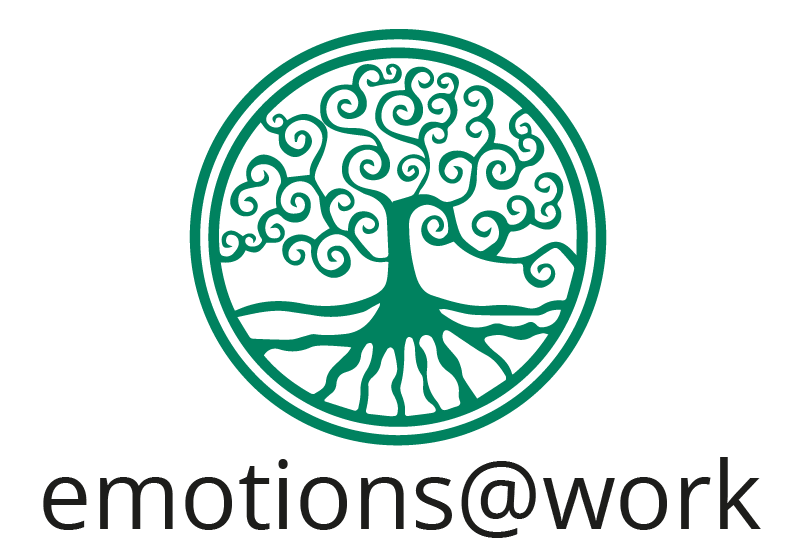- From a young age, we have been trained to believe that strong emotions are bad and that they expose our weaknesses and vulnerabilities. For that reason, they should be ignored and even suppressed. Societies have imposed “tacit systems” against expressing them. Therefore, we go through life ignoring feelings that make us feel uncomfortable. Nevertheless, ignoring or invalidating our feelings will only promote a sensitive situation when the emotion finally finds an outlet.
- Our personalities and cultural context lead us to experiment with the same feelings in different ways. Our cultural conditioning also influences the way we react to emotions. Gender factors greatly affect the acceptance of our emotions.
- We find it difficult to accurately label and express what we feel (clinically known as Alexithymia derived from the Greek language, which means “no emotions for words.”). Therefore we tend to “rebuff emotions” due to the difficulty we face putting words to specific feelings and thoughts. It can also revert to the fact that we have never learned a language to accurately describe our emotions. Please refer to the Emotional Intelligence Cards and Emotional Thermometer.
- We tend to believe that emotions will skew our decision process, therefore we try to avoid this by detaching ourselves from its emotional components. The fact is that emotions are already affecting our decision-making process. They are present in the form of cognitive biases which range from self-interest, emotional attachments, and misleading memories. The choice is whether you want to acknowledge them or leave them as unspoken biases.
FURTHER REPRODUCTION PROHIBITED WITHOUT PERMISSION OF THE AUTHOR

